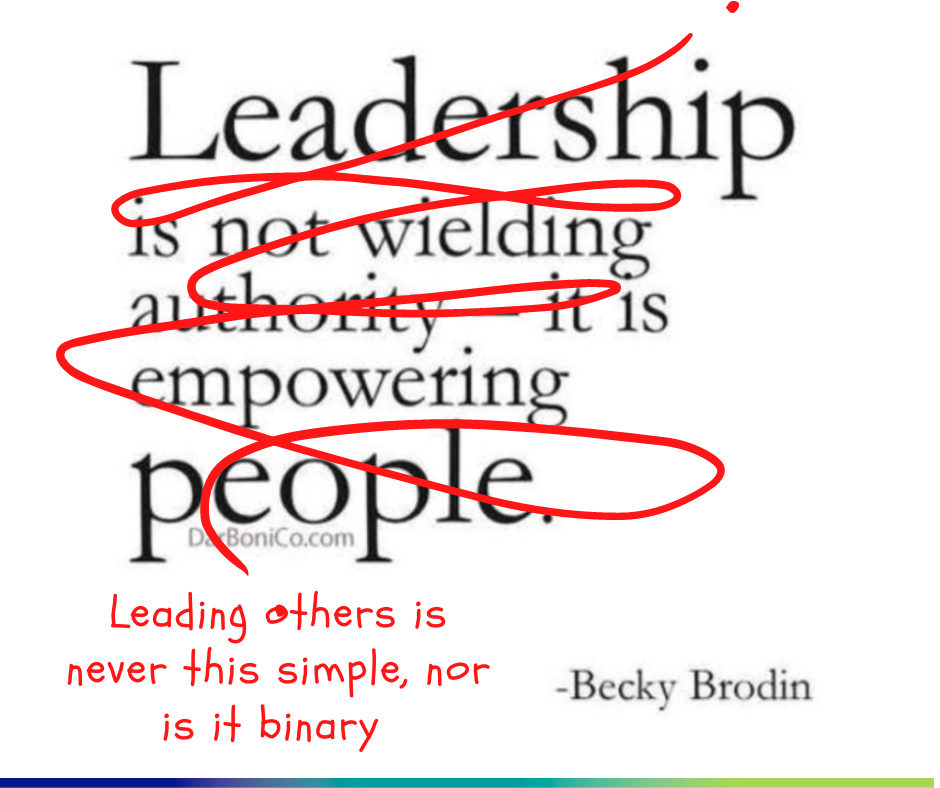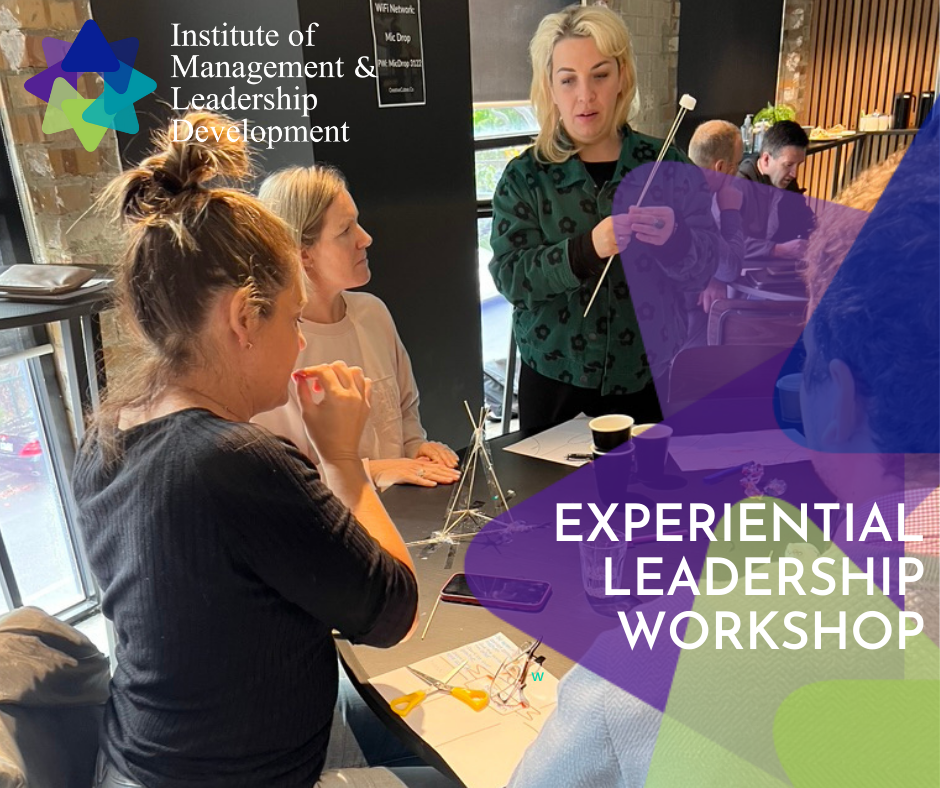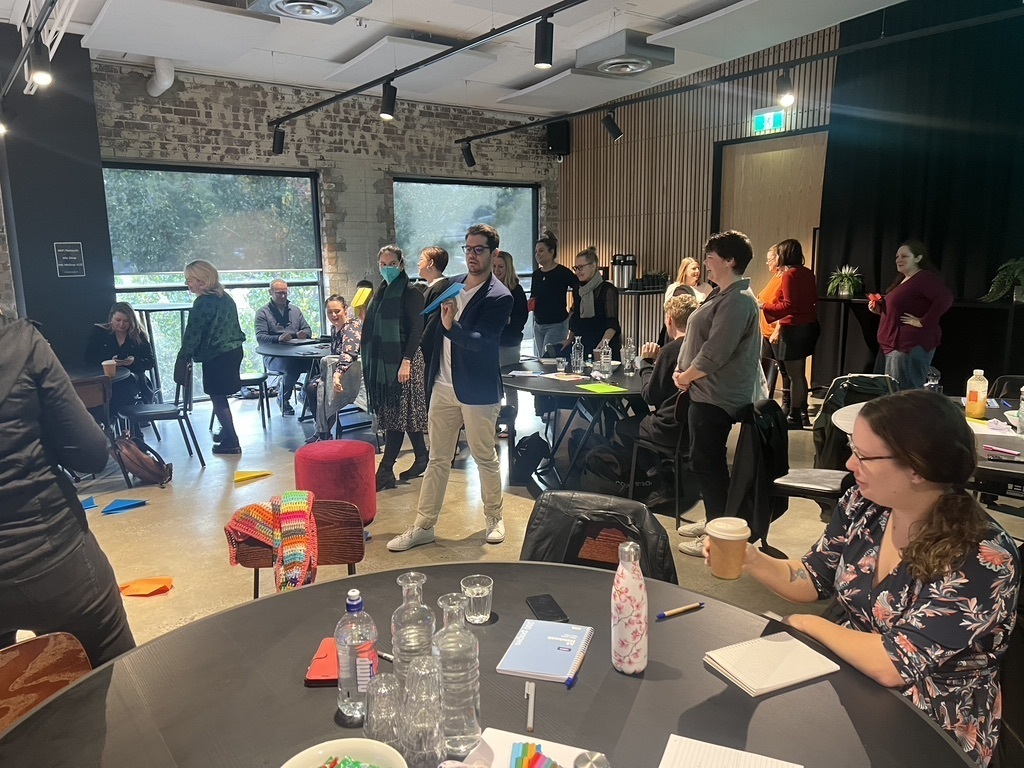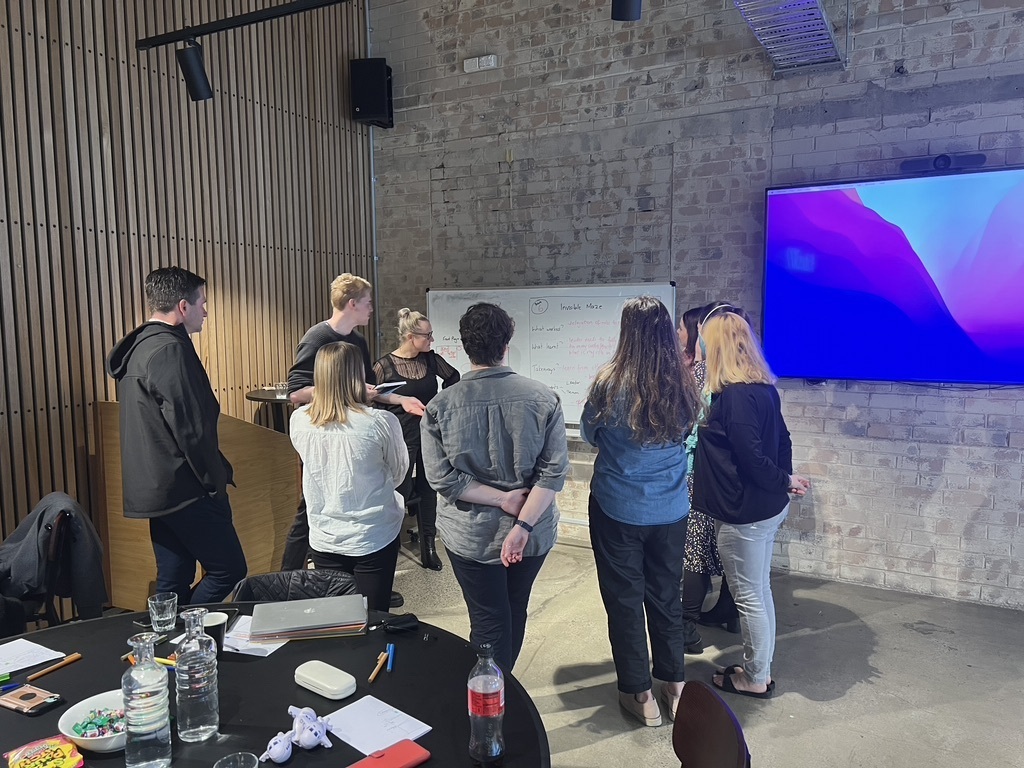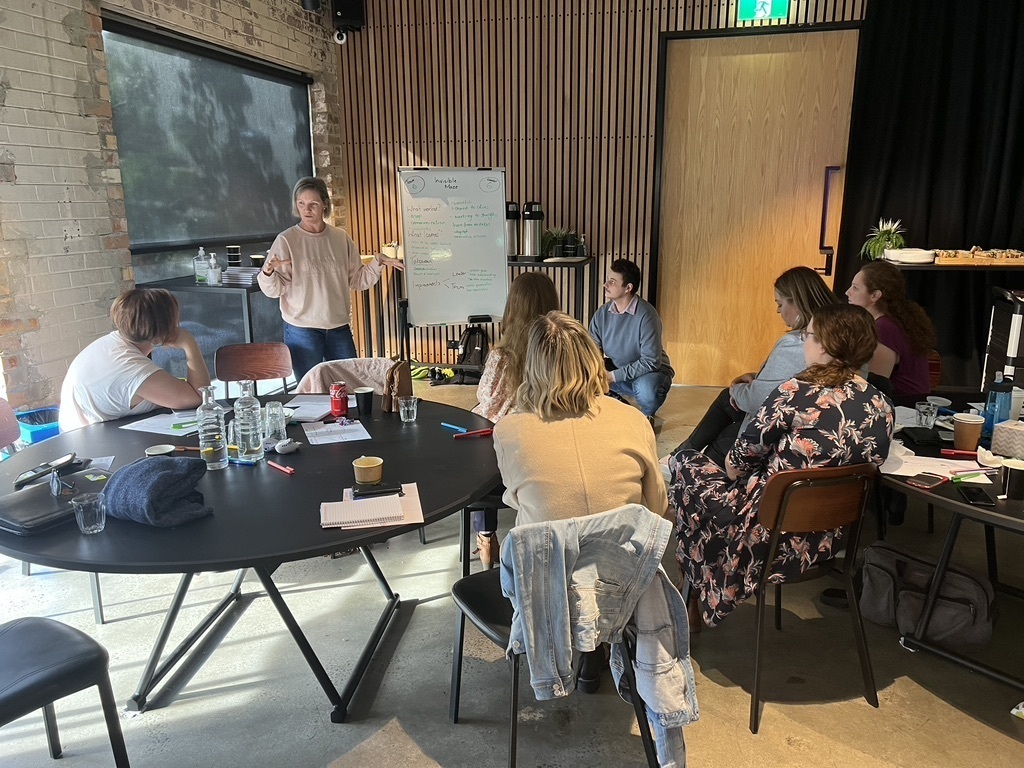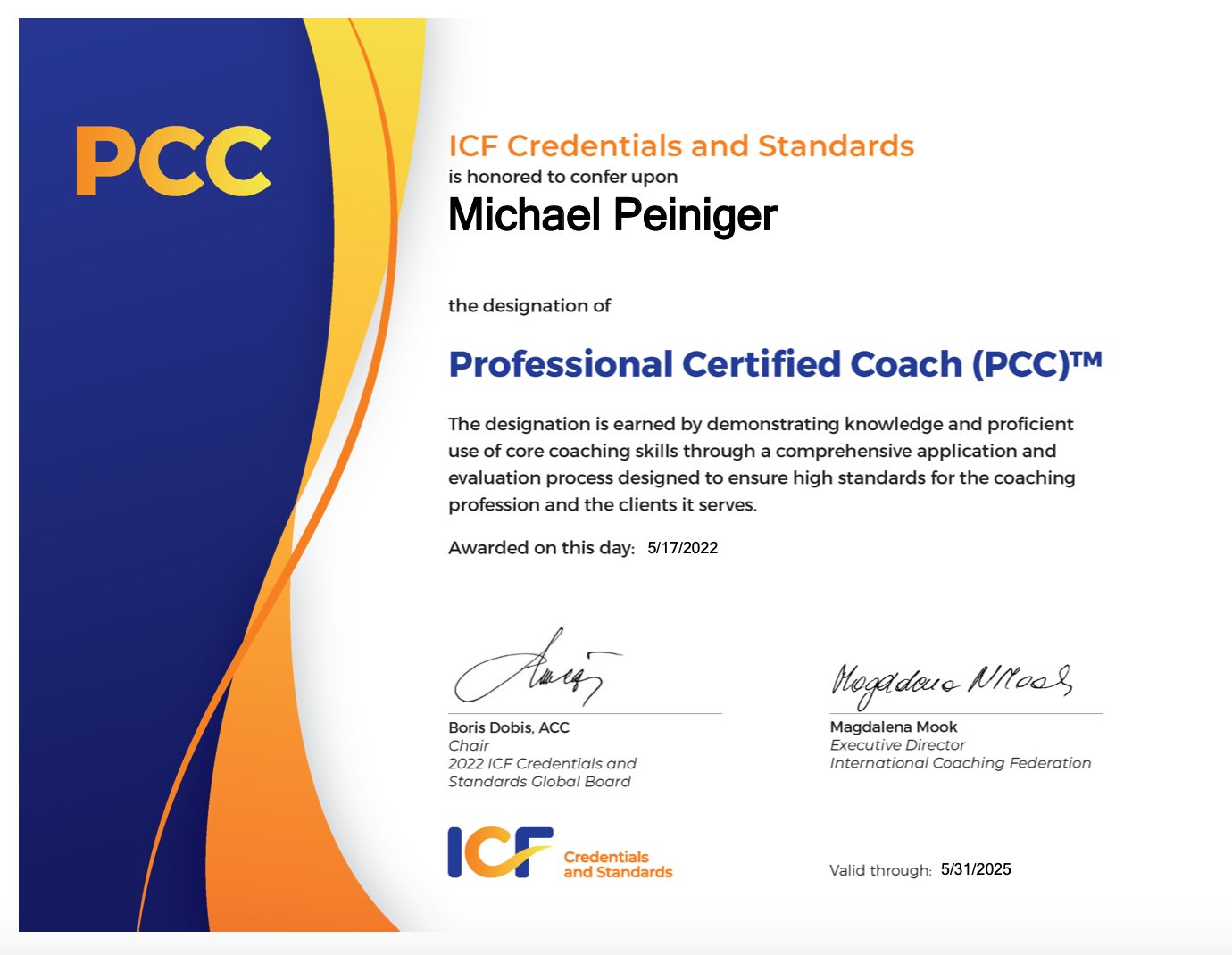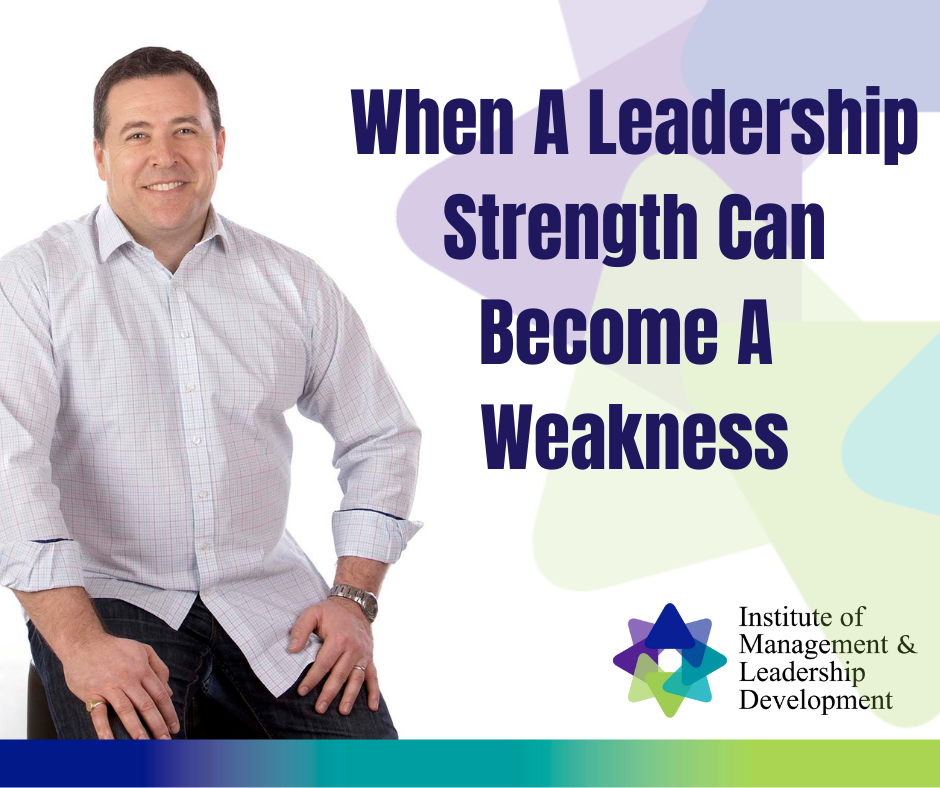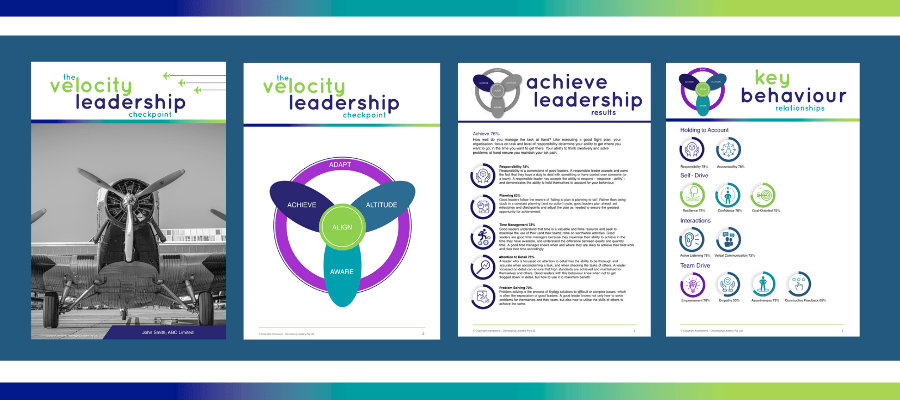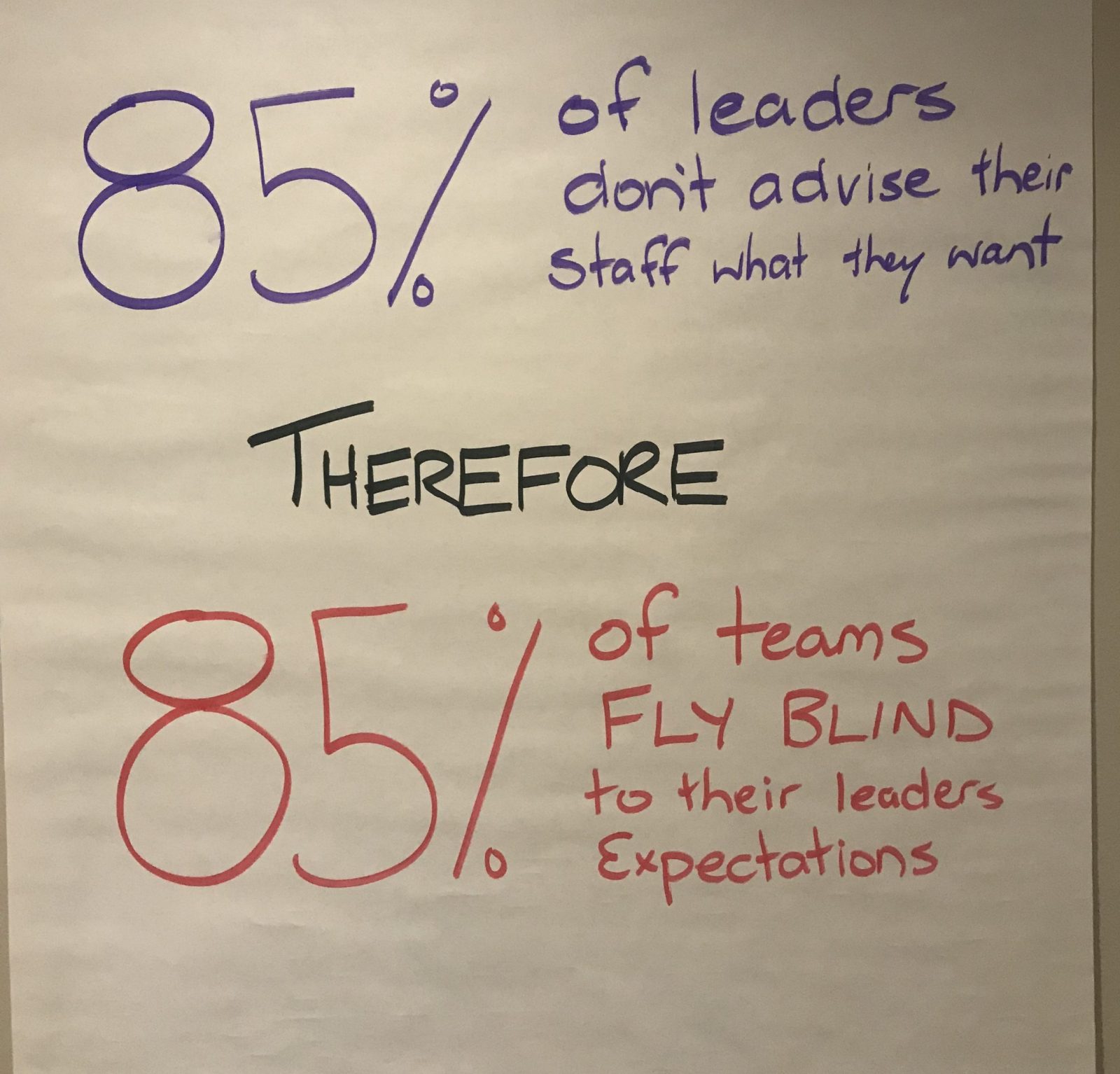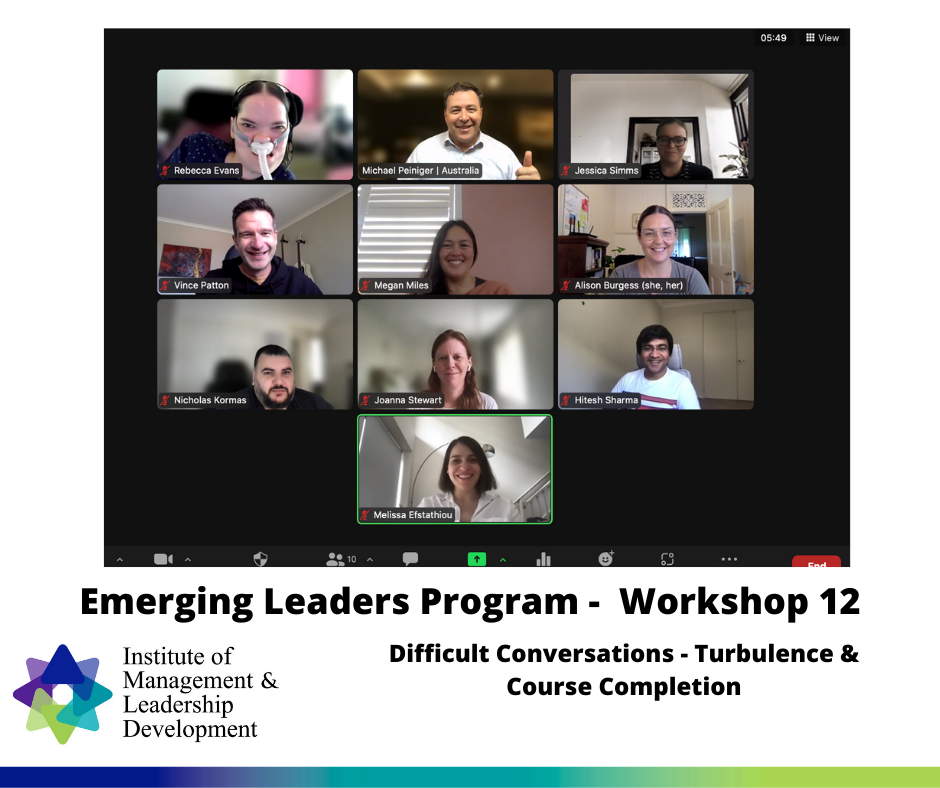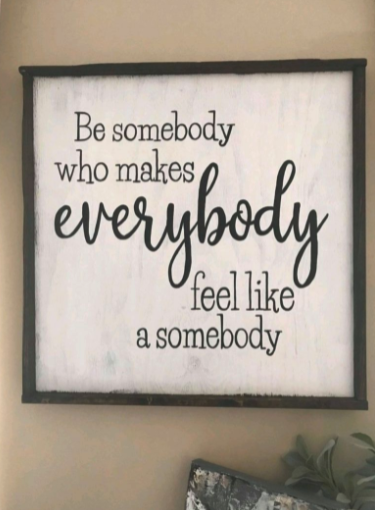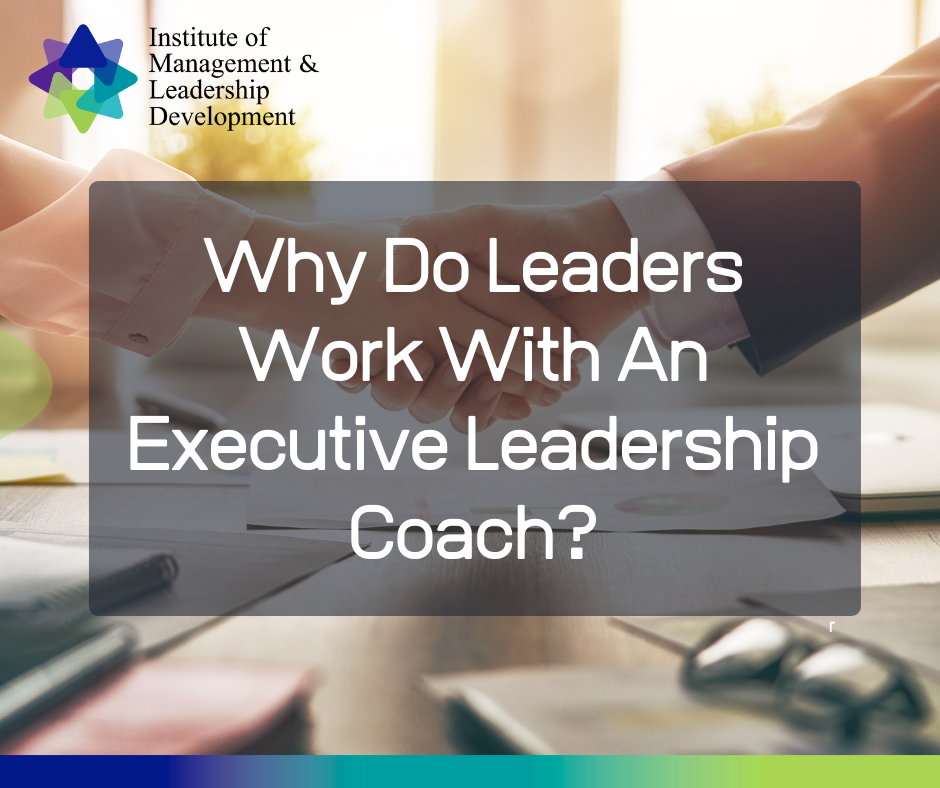Leadership is more than just empowerment. A recent post on LinkedIn from Leadership First posted this image about leadership, empowering people and wielding authority – and I had to disagree. The line between ‘wielding authority’ to ’empowering people’ isn’t a binary choice – it is a continuum, and all points on that continuum are useful to a leader.
You Need Skills and Experience to Empower Others
As a leader, empowering people is obviously important – but people need to have the right skills and experienced to be fully empowered. Fully empowering someone who has neither the experience or skills to complete the task? That is just downright lazy and setting someone up to fail.
In addition, there are times when wielding authority is needed! Forget the negative connotations you have associated to authority by the use of the word ‘wielding’; there are times when a leader must exercise authority, control and firm decision making. While many decisions benefit from consensus, collaboration and wide discussion, others benefit from firm and swift use of power and authority. That is part of the nuance – and difficulty – of being a leader. Knowing the difference is the difference between being a good or bad leader – which often takes experience (and quite often, some bad choices between authority and empowerment).
The Continuum Between Leadership, Authority and Empowerment
The line between ‘wielding authority’ to ’empowering people’ isn’t a binary choice – it is a continuum. In between there is directing, coaching, mentoring and delegating – all of which are useful depending on where you, the business and the individual is on their development path. Empowering a novice in a task they aren’t familiar with can be just as dangerous to the business as directing and micromanaging an expert to do a task they have completed countless times.
Focussing purely on empowerment shies away from discussions of dependability, responsibility and accountability – critical to business -and all of which need a little discussion around authority structures. Fully empowering everyone assumes two critical things – that everyone is skilled and experienced to complete a task, and that everyone is completely responsible and always delivers on their promises. While wanting both, leaders know it is foolhardy to assume either.
For leaders – the use of power and authority can be just as useful for developing others as empowerment – depending on how it is used, when it is used and with who. The key is to know when.
Where Does Your Leadership Sit On The Authority / Empowerment Continuum?
Do you actually know where your leadership sits on the authority / empowerment continuum? Are you more focussed on delegating, coaching or empowering? If you don’t know, perhaps the place to start is by completing the Velocity Leadership CheckPoint.
25 behavioural leadership traits, focussed in 5 distinct leadership capabilities – a ‘must know’ for any leader or team looking to drive high performance. If you haven’t completed the CheckPoint, get in touch with us today to arrange an appointment. Read through the comments and feedback from those that have – many say that it has had a profound effect on how they lead and perform within a team.
The Velocity Leadership CheckPoint and Debrief is the starting point for any of the IMLD Executive Coaching, Executive Leadership Coaching or Emerging Leaders Programs.
#leadershipdevelopment #leadershipskills #leadershiptraining
#executivecoachmelbourne #leadershipcoachmelbourne #IMLD #developingleaders



